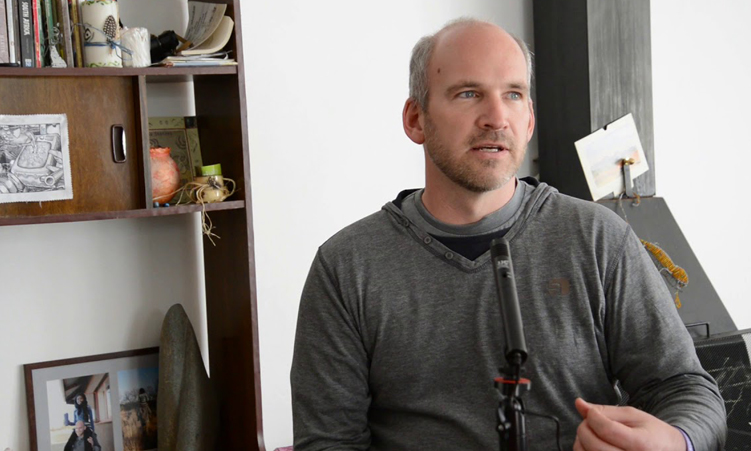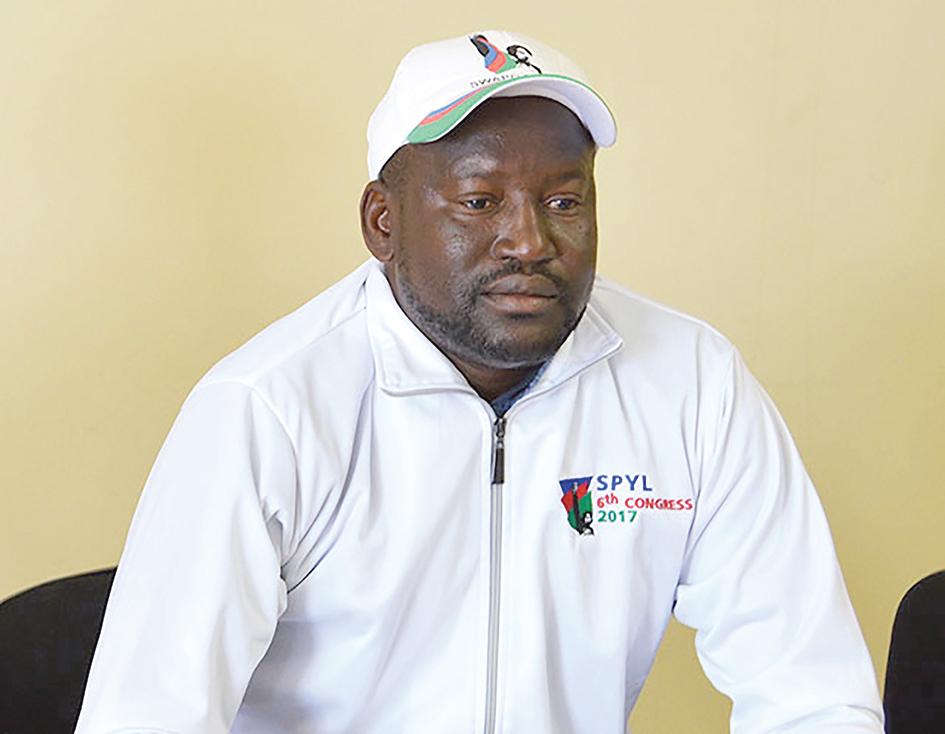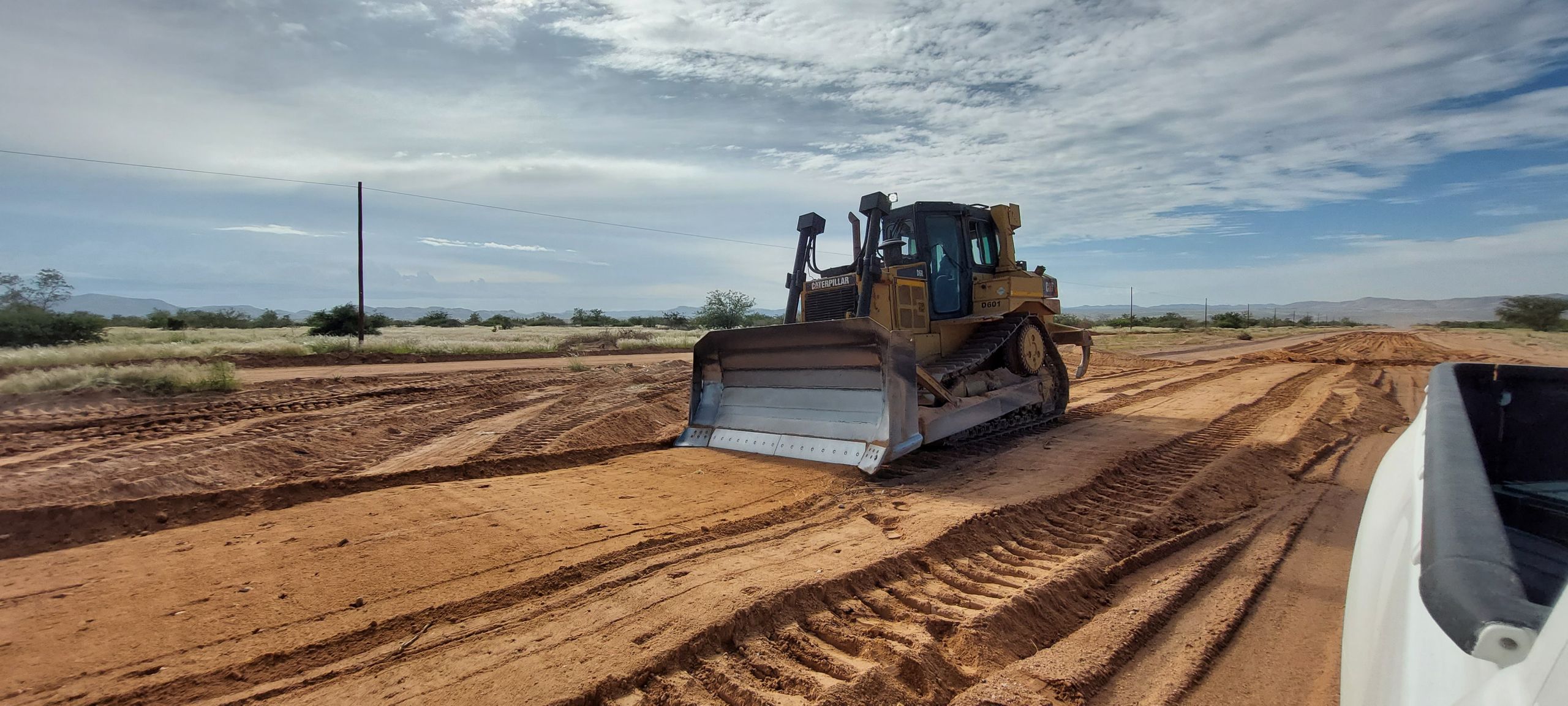A study has revealed that breastfeeding mothers are not being supported in the workplace.
The Nutrition and Food Security Alliance of Namibia’s (Nafsan) survey results published yesterday noted that companies, ministries and institutions in Namibia are not inclusive of breastfeeding mothers.
“Access to breastfeeding-friendly facilities in the workplace remains a challenge, as 95% of 46 surveyed companies do not have any dedicated spaces for breastfeeding, although this is a crucial part of the first 1 000 days [of babies],” said Nafsan director Ben Schernick on Tuesday.
“Out of the 46 participating organisations, only the Ohlthaver & List Group, Capricorn Group and Bank Windhoek provide breastfeeding spaces at work,” noted the survey results.
This number includes local authorities; ministries and government offices; universities; healthcare facilities; as well as telecommunications, mining, financial, security, media and medical companies and other sectors.
COMFORTABLE CHAIR
In all three organisations, the breastfeeding spaces consist of a separate room to ensure privacy, a comfortable chair and a small fridge, the results showed.
“In two of three cases, there is also a kitchen/sink with running water,” the results noted.
Schernick emphasised the importance of breastfeeding from birth to the age of two.
He said this is not fully understood in Namibia and among leaders in the government and the private sector.
“This is the reason why we still have so few spaces and facilities and not enough flexibility for women to continue to breastfeed,” he said.
Namibia’s working environments aren’t accommodating enough of breastfeeding women and it’s not just individual children and mothers who suffer, he said.
“It also has an impact on our socio-economic development as a country. The costs of hunger study determines over 5% of gross domestic product losses through stunting alone,” Schernick argued.

AMEND LABOUR ACT
Labour, industrial relations and employment creation deputy minister Hafeni Ndemula announced in the National Assembly yesterday that amendments to the Labour Act will be tabled to guarantee women breastfeeding facilities at work.
He said the amendments will include full benefits for new mothers and more protection against employers.
He advocated for improved breastfeeding facilities and breaks at work, while tabling the ratification of a convention from the International Labour Organisation.
National Assembly speaker Peter Katjavivi told the National Assembly yesterday some parliaments worldwide have facilities for new and lactating mothers.
Lawmaker Tobie Aupindi yesterday said women continue to face challenges both before and after maternity leave.
“We can actually do a lot better. There are no rooms for them to operate… They are not given any protection,” he said.
Aupindi said Namibian companies should do better in terms of supporting new mothers with breastfeeding facilities and to take maternity leave with full benefits.
Landless People’s Movement (LPM) president Bernadus Swartbooi yesterday questioned how the benefits for new and lactating mothers will work for those from low-income groups.
“This will work for middle-class women. How will this work for domestic workers? How will work for a petrol attendant?”
Information and communication technology minister Emma Theofelus, while contributing to the discussion, highlighted that the ratification also speaks about breastfeeding and the ability of mothers to actually administer breast milk to their babies.
“Which is very crucial, because the antibodies of a baby are then able to develop better and their immune system is boosted because there’s nothing that can compare to breast milk for a developing child,” she said.


DO BETTER
Lawmaker Winnie Moongo yesterday said those companies that do not provide facilities for breastfeeding women are “clearly” missing the mark with regards to supporting new mothers.
“Other than the health deficiencies in the first days of an infant’s life, there is also the added onus on mothers to handle work with breastfeeding, hence there is reduced job satisfaction and more turnover,” she said.
Moongo, who has previously tabled motions to improve benefits for mothers in the National Assembly, said these companies need to scale up in terms of support given to new parents and general employee well-being.
“Companies can bridge these gaps with facilities, flexible work options, mental health resources and nutrition education for better inclusiveness and support of talent, not only to attract but to retain,” she said.
Moongo said flexible work options are also required.
“Employees now want more accommodating schedules so that they can balance their professional requirements with their parenting responsibilities. Organisations open to such flexibility are more likely to increase morale and productivity,” she said.
Moongo highlighted that support for mental and emotional health is another area of concern.
“This is something that requires a lot of attention, as it has been previously reported that there is about one suicide a day reported in the country. New parents are under extraordinary levels of stress, and a lack of resources like counselling or stress management programmes can make things worse,” she said.

WHAT DOES THE LAW SAY?
Labour expert Sydwill Scholtz yesterday told The Namibian the country’s legal framework does not make it a mandatory requirement for the employers to provide nursing stations or places suitable for breastfeeding in the workplace.
“The only leeway granted by the Labour Act and Social Security Commission collectively is the provision of the maternity leave benefit. New mothers would need to manage the feeding schedule of their babies by providing formula or ensuring that a sufficient supply of breast milk is left at home, in the event of them having to go to work,” Scholtz said.
The global trend of employers creating nursing friendly stations in the workplace has yet to spill over to Namibia, with very few employers having such facilities currently, he added.
“Although nursing or breastfeeding is important, the logistical complication is that not everyone would have the means to ensure that their baby is brought to them twice a day at work. They thereby find this difficult to manage, even though this may be allowed for by the employer.”
Stay informed with The Namibian – your source for credible journalism. Get in-depth reporting and opinions for
only N$85 a month. Invest in journalism, invest in democracy –
Subscribe Now!










